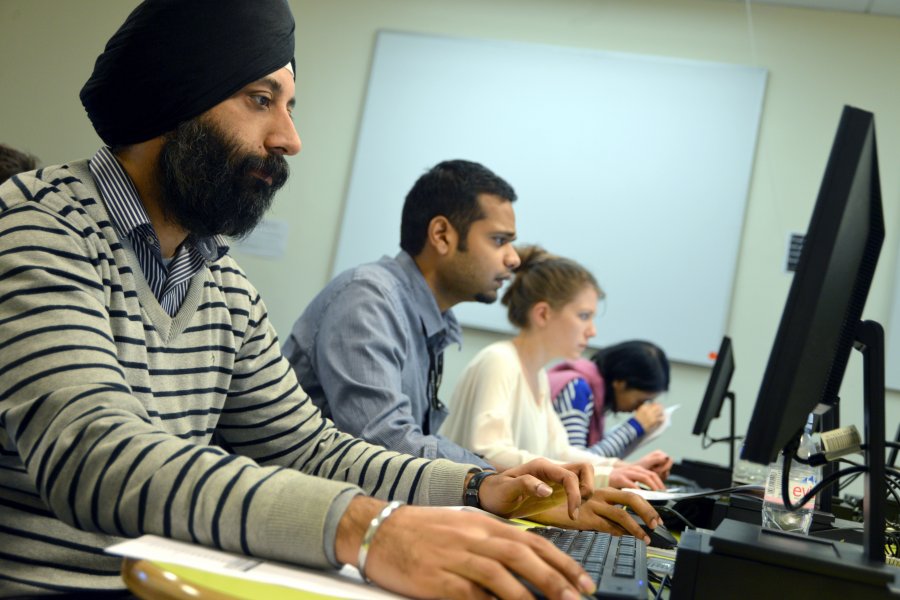
There are many ways of undertaking a MSc summer project within a health in humanitarian crisis context. In a December seminar, three past LSHTM students gave insights about their summer project research process.
Project Overviews
Racheal Pearson presented her project, “Mental Health Outcomes and Violence against Women: A Study of Female Refugees Enrolled in a Case Management Intervention in Dadaab Refugee Camp, Kenya.”
Pearson’s project was a secondary analysis of data from a cohort study by LSHTM and the African Population Health Research Center. She was interested in exploring gaps in knowledge surrounding gender based violence programs and interventions in conflict settings. In her project, Pearson analyzed patterns of violence against women and patterns of mental health. Using different statistical models, she looked at associations between gender based violence intervention service usage in Dadaab and symptomatic scores for PTSD and other indicators.
Another from MSc student, Alexandra Czerniewska, talked about her project, “Hygiene Behavior Changes during the Liberian Ebola Outbreak 2014-16: Perspectives from Emergency Responders.”
Czerniewska’s project was a qualitative project using in-depth interviews to understand factors that played a role in how emergency responders made decisions for hygiene behavior change interventions. Czeniewska was in a unique position of having been involved in the Liberian Ebola Outbreak response from her work at a Ministry of Health at the time. Drawing upon her past experiences, she was able to conduct interviews with NGO responders, communication experts, and other stakeholders. Some themes that Czeniewska highlighted were the assumptions that went into the decision-making framework of responders such as barriers to doing behavior change health promotion given the different organizational philosophies of the groups involved.
Lastly, Abdulkarim Ekzayez presented his project, “The Association between War Exposures and Health Service Utilisation in Northern Syria: an Observational Study.”
Ekzayez’s data exploratory analysis project evolved from his interest in understanding health service usage given his experience working for Save the Children in Syria prior to his MSc. He analyzed data from Save the Children health facilities. He also worked on gathered data about war exposures through triangulating news and governmental sources. Ekzayez’s project involved developing a framework for gathering data as well as exploring different methods of doing analysis given limitations in data availability in conflict areas.
Tips for Your Summer Projects
Hearing about past student projects are helpful, not only to gain perspective on what types of projects are feasible, but also to understand what types of challenges students faced and how they overcame them. Some tips for approaching your summer projects include:
- Start early; and don’t be afraid to speak with professors about your interests and/or provide a suggested research topic.
- Read research papers of professors you are interested in working with.
- Utilize the resources and networks you already have when coming up with a project idea.
- Spend time doing background reading and thinking about how to develop a strong methodology to go about your project.
- When making your summer project timeline, be sure to account for any delays, such as getting data, issues regarding travel, and other factors.
- Use the summer project as an opportunity to consolidate the skills you’ve learned from your year at LSHTM.
If you enjoyed this article and would like to build a career in global health, we offer a range of MSc programmes covering health and data, infectious and tropical diseases, population health, and public health and policy.
Available on campus or online, including flexible study that works around your work and home life, be part of a global community at the UK's no.1 public health university.
